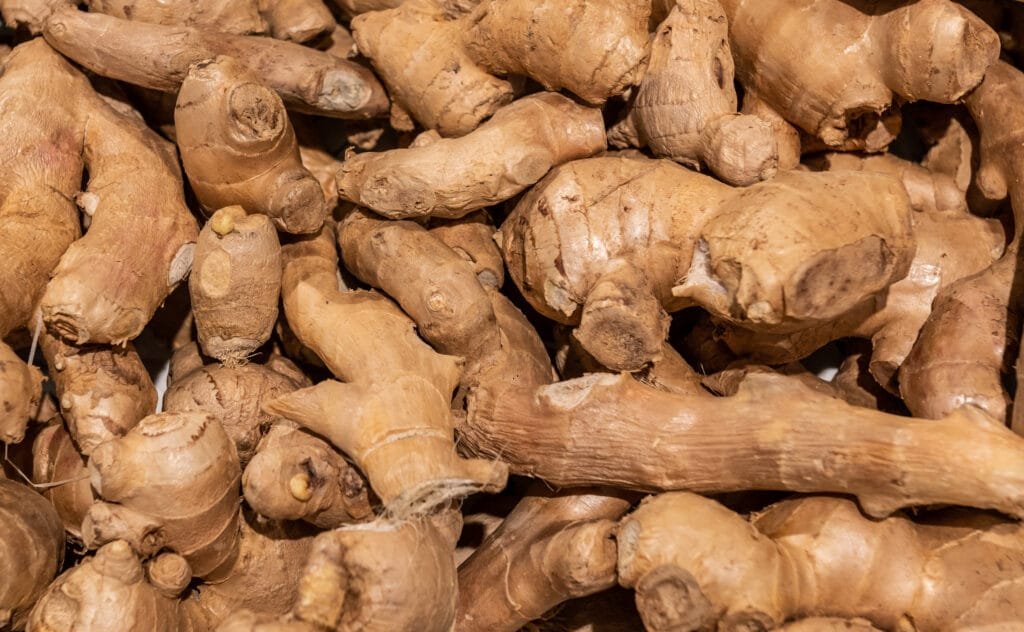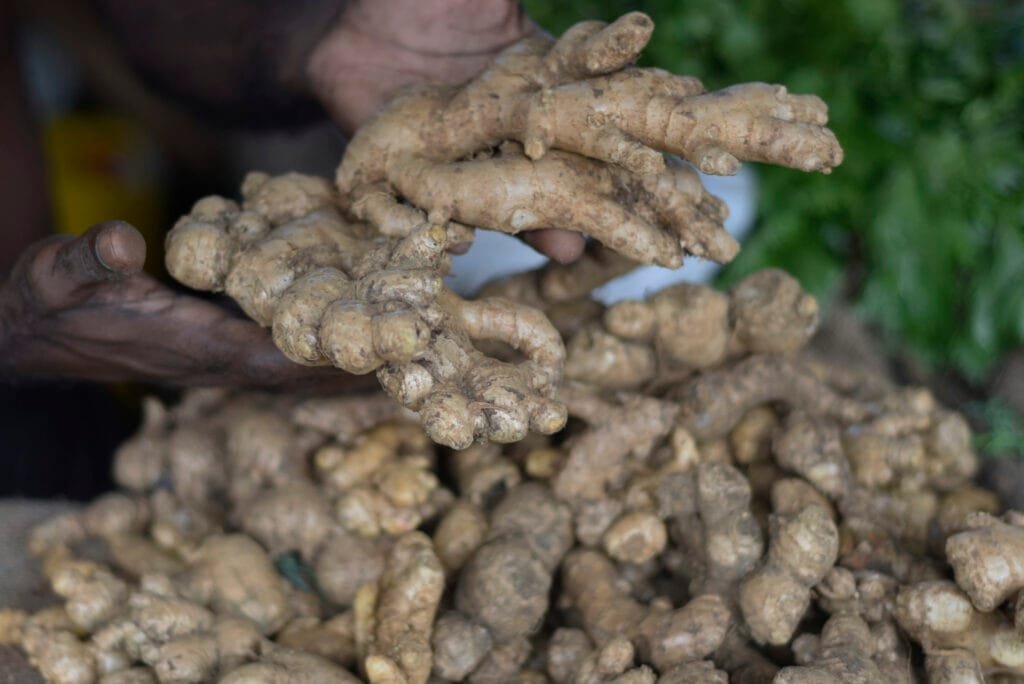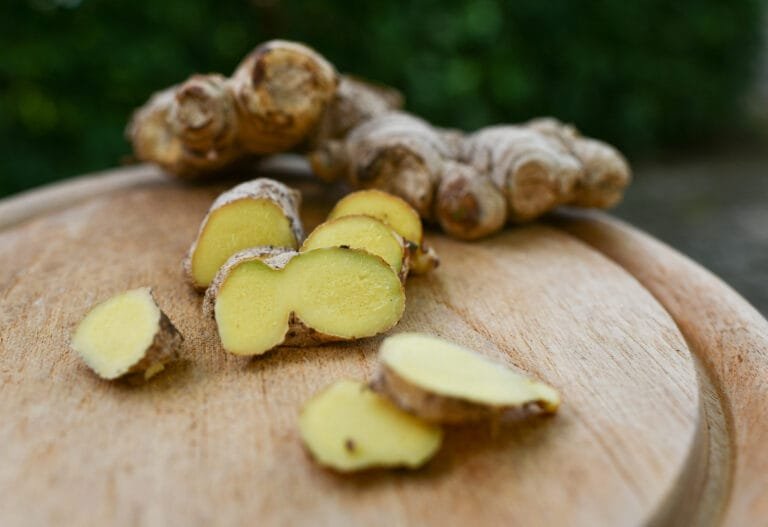Dubai, United Arab Emirates – High blood pressure is a common disease that is usually managed through lifestyle changes.
Such as improving diet and increasing physical activity, in addition to taking medications when needed.
However, some recent studies suggest that ginger may offer additional benefits when used alongside traditional remedies.
What have the studies found?
A recent study showed that ginger extract may help lower blood pressure in participants between the ages of 45 and 65.
However, the study suffered from some methodological flaws, which prompted researchers to call for more accurate and comprehensive research.
The effect of ginger on blood vessels: A 2024 research review indicated that ginger may lower blood pressure through vasodilation (vascular relaxation) and its antioxidant effect.
Relieve inflammation: Ginger is believed to contribute to reducing chronic inflammation.
Which in turn reduces the risk of heart attacks and strokes.
Sodium alternative: Doctors recommend a low-sodium diet to prevent and control high blood pressure.
Ginger can be used as a natural substitute for salt in spices, which helps reduce sodium consumption.

Other health benefits of ginger
In addition to its potential effect on blood pressure, ginger is known for its many health benefits, including:
- Relieve the severity of menstrual pain.
- Combating nausea and vomiting, and it is necessary to consult a doctor before using it during pregnancy.
- Reducing nausea caused by chemotherapy.
- Protecting cells from damage caused by oxidative stress.
- relieve bloating and gas.
- Important precautions when using ginger
Eating ginger in normal amounts in food is usually safe for most people.

But high doses, especially in supplements, may carry some risks:
- Increased risk of bleeding, especially for those taking anticoagulant medications.
- Possible effects on blood sugar levels, which requires caution in diabetics.
- Side effects such as digestive disorders, heartburn, and irritation in the mouth or throat.

















